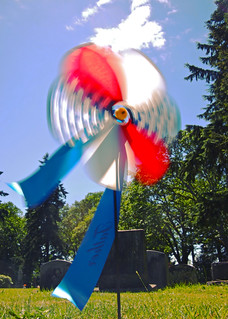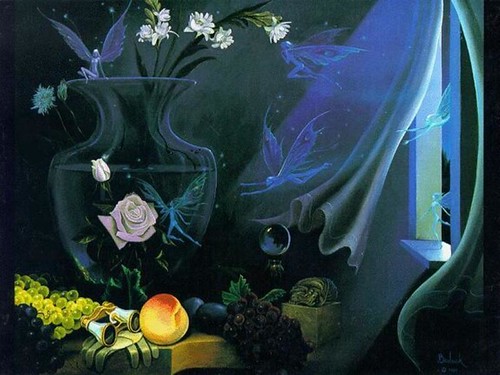Adventures in Logophilia, Day 176:
folly
Folly is the lack of good sense, understanding or adequate foresight; an act of foolishness, or more specifically, a costly undertaking which results in embarrassing or ludicrous ruin. This word is Middle English, which means it was borrowed from the Old French word
folie, meaning "madness." (
Oxford Dictionaries.)
The Fool, as seen on a tarot card, is about to fall step off the edge of a cliff.
I actually don't believe folly is all that bad - it is the state you start out in when embarking on a journey. I've learned that I am still the fool when it comes to this trying-to-get-an-agent business. The important thing is to realize that blunders will be made. I will trip and fall several times. I will have to go back and rewrite that one chapter I thought was perfect. I will write stupid tweets and worry about what people are thinking, if anything at all. Folly is a learning curve; I've learned that the Fool on the tarot card is represented as a perpetual youth... and aren't we all? I don't mean perpetually young, but constantly learning. How else can we learn but through trying and stumbling and getting scraped up... and picking ourselves up again?
Embrace the fool. He's really not that bad. Or fatal. Or stupid. He just has convictions about things that haven't been (but need to be) tested. He doesn't watch where he's going, but he'll soon learn his lesson. I'd like to see him after he picks himself from tumbling off that cliff, dusting himself off, examining his bruises and looking up to see where he came from. "Well, that was dumb," he might say, "but I don't regret a moment of it."
So... write like a fool to write better. Laugh at yourself. Move on. Harbor no regrets. I think I can handle that.
![The Wheel [77%]](http://farm4.staticflickr.com/3312/3307621620_182d3c1e05.jpg)
















